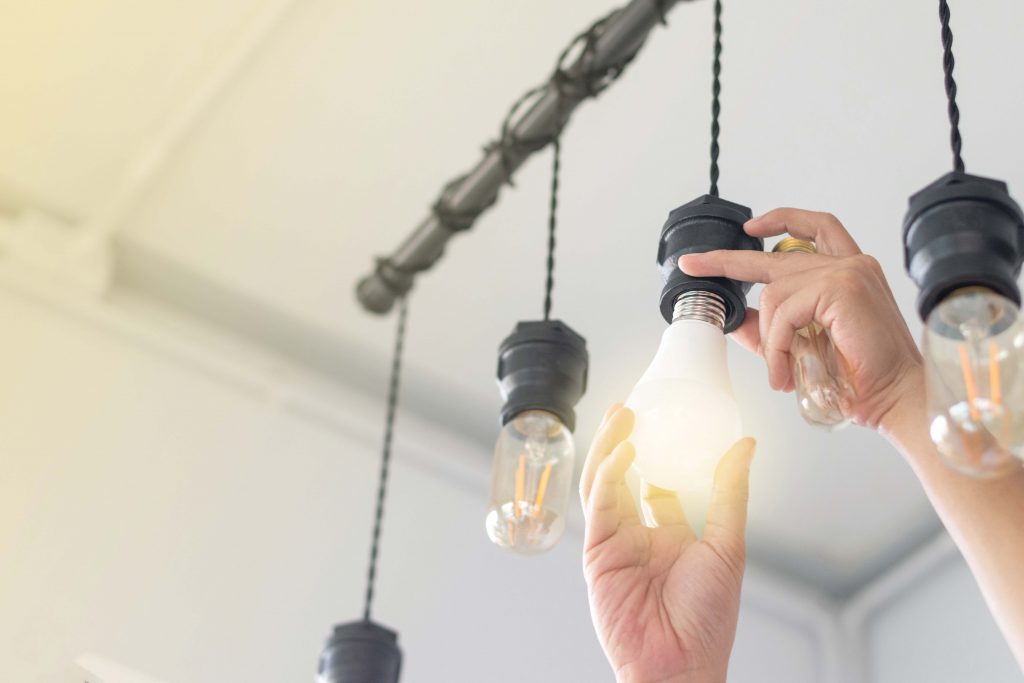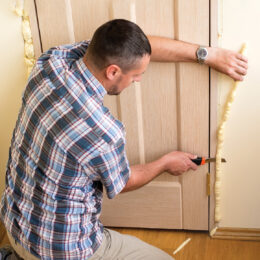
There is a lot of great advice on how to be more energy efficient — using ENERGY STAR®-rated devices, for example. But then there’s the not so great advice: the misinformation, mistakes, and myths that could lead you astray in your efforts to save on your electric bill.
But fear not! Here are a few common myths we encounter — and the truth to bust them.
Myth: Switching appliances, computers, and electronics off when you’re not using them will wear them out faster.
Truth: Nope! Modern electronics and appliances are built to perform just as well with frequent shut-offs. In fact, most computers are actually built with this in mind, and use the on-off cycle as an opportunity to install updates and perform other necessary self-maintenance. So go ahead—shut off, and save power.
Myth:Your HVAC system uses less energy if you close vents in your unused rooms.
Truth:This one seems counterintuitive, but unless those unused rooms are somehow sealed up airtight, the air is still going to circulate. In fact, closing vents can even make your HVAC system work harder than normal by causing a backup in internal pressure. You’d be better served by adjusting your thermostat or switching to a more efficient system. Sealing your ductwork, air sealing your ceiling and band joists, and adding insulation also will ensure that your home minimizes energy use and helps keep you comfortable.
Myth: Adding insulation in the attic will cause more heat to leak out the windows.
Truth: Any added insulation will help your home maintain a stable temperature. Adding insulation to your attic (and, more importantly, sealing your ceiling) is a great way to help make your home more energy efficient.
Myth: New homes are required to be more energy efficient.
Truth: Not necessarily! A home’s age doesn’t always tell you whether or not it’s energy efficient. A home’s energy efficiency depends much more on the way the house was constructed. That’s why we recommend looking for homes built to the specifications of the Power Moves Home Program, which are designed specifically with energy efficiency in mind.
If you’d like to learn more truths about energy efficiency, contact your local electric cooperative’s energy advisor or visit www.PowerMoves.com.



